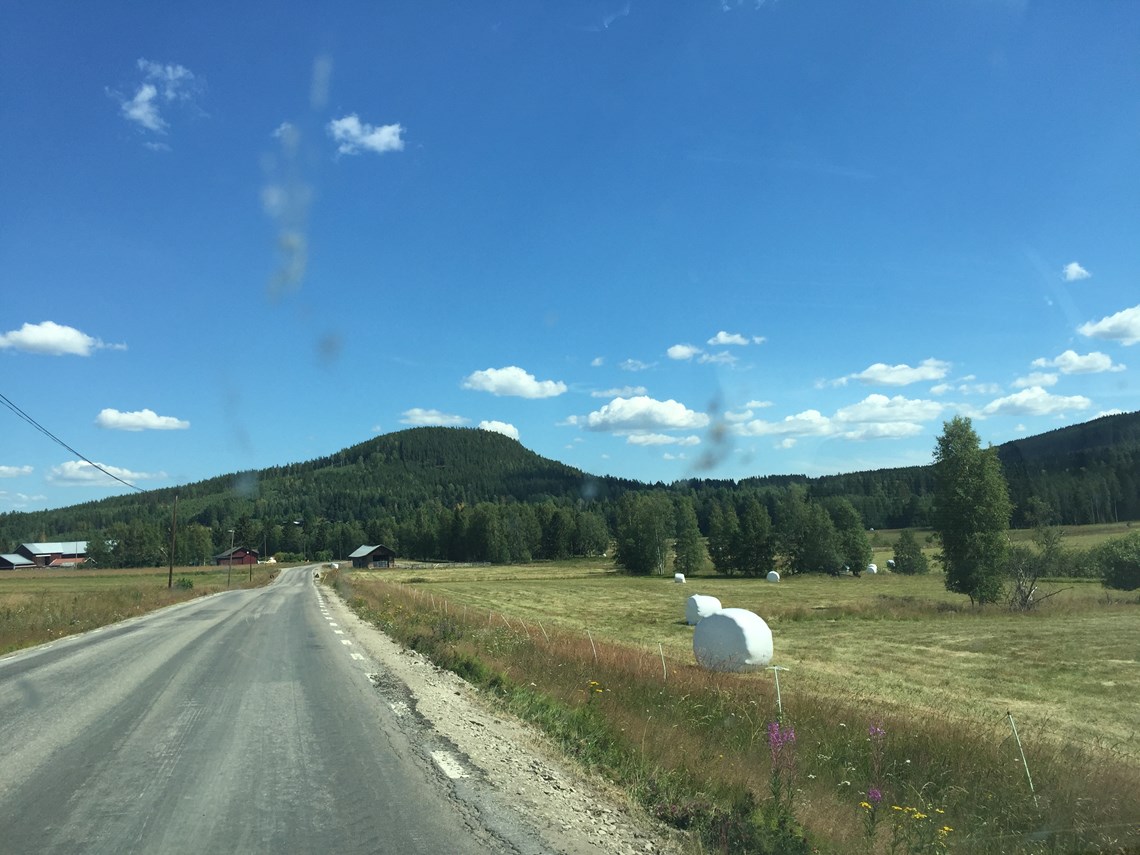Nature Restoration law: Legal certainty for land owners need to be respected

Nature Restoration Law is most likely written with the best of wills and the best of intentions, however, it has missed essential fundamentals on rural Europe.
Nowhere in the very extensive and detailed bill does the authors of the text seem take into account that there are people who own the land and whose livelihood is based on the land in question.
Ownership is constitutionally protected according to Article 1 of the Additional Protocol to the European Convention:
"Every natural or legal person shall have the right to respect for their property. No one may be deprived of his property except in the public interest and under the conditions specified by law and in the general principles of international law.”
The Restoration Law appears to be a desk product, likely drafted during Brussels' harsh pandemic lockdown. Behind the bills is the Biodiversity strategy with wordings such as we need to "bring nature back into our lives".
If you, as a Swede, live in a country with almost only nature, large area of mountains, and above that, 70 percent forest cover and thousands of lakes and rivers, you start to think about who "we" may be. Another essential question is how does the legislator define ”nature".
It is also stated in the supplementary wording to the law that rewetted land can be used for the cultivation of blueberries, cranberries and for breeding water buffalo.
It is possible to argue over parts of the text that can be perceived as ignorant and naive.
Unfortunately, there are more serious shortcomings in the Nature Restoration Law which in the long run may have a negative effect on EU landowners, above all in terms of legal certainty.
This is a Swedish example:
If the Swedish state wants to stop a forest felling, a decision is made in the individual case. The Swedish Forestry Agency may have issued an injunction to limit encroachment, or a biotope protection area or reserve has been formed when the encroachment has become greater.
There have been major discussions about this, but the basis is, after all, what we can call legal certainty for the individual landowner.
He or she knows which rules apply. It is predictable, the compensation regulations are clear and the burden of proof is on the state.
We have chosen this legal system in Sweden because it is impossible to objectively assess what is, for example, a "biotope requiring attention". If there is an order or decision on reservations, this is clear.
With the EU regulations that now concern forestry and all other land within the EU, we risk having a new legal order with general prohibitions when there is a certain phenomenon on the land, such as a certain species or a natural type.
We have already seen these problems in Swedish forestry linked to the EU's species protection rules when it is up to the forest owner to assess whether a species' conservation status is negatively affected or if a nature type loses natural values through felling.
If he or she assesses wrongly when it comes to species, it can be a matter of punishment for subjective assessments.
This also means that anyone, for example an environmental association, can claim that a species is negatively affected regardless of what the landowner or the authorities think. Then words stand against words and the matter must be decided in court.
The landowner risks defending the right to use his or her land against subjective claims at their own expense. Sometimes in several instances. It is not legally certain and certainly not predictable.
The scattered and small-scale land ownership within the Eurrope is of the majors assets. Whoever owns a piece of land often also takes responsibility for the surrounding area. It can be shoveling snow, searching for traffic-damaged game or clearing away storm-fallen timber before the insect attacks take off. It can be picking up trash in nature and it can be keeping your eyes open for a forest fire and helping something whose engine has stopped.
It would be unfortunate if small-scale land ownership within the EU were cut short. Unfortunately, such an unfortunate effect risks being reinforced by several other parallel EU regulations and legislative proposals that apply to landowners, such as the Deforestation Regulation, Taxonomy, the Forest Monitoring Act and strategic forest plans and more.
They each have possible elements of risk linked to individual land ownership within the EU.
/Carina Christiansen
